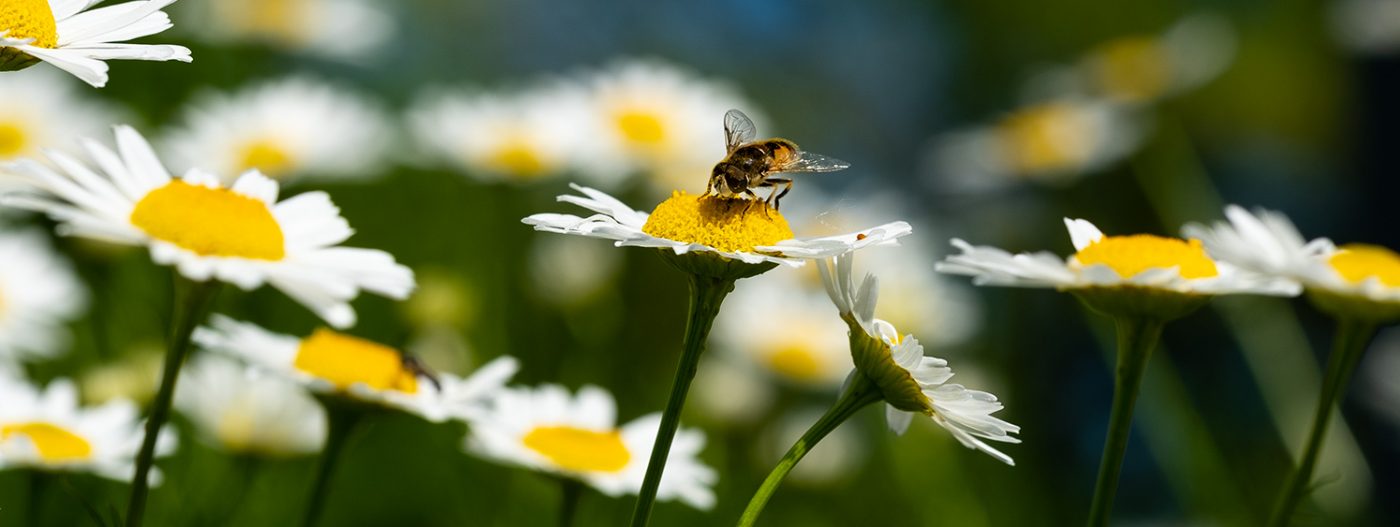- Always carry your own bags, water bottle, and coffee mug
- Drive an electric vehicle or better yet take transit or your bike
- Only buy local food (to avoid emissions from transportation)
- Buy organic (to avoid chemicals used in fertilizing and pesticides)
- Eat less meat or go vegetarian or vegan
- Pay attention to the packaging on products and only buy things in recyclable or reusable packages (avoid plastic that can’t be recycled easily or just avoid plastic altogether)
- Turn off your lights and any device you are not using, even unplugging them to avoid “phantom power” usage
- Change your light bulbs to low energy LEDs
- Switch to solar panels or make sure your grid power comes from renewable sources
- Stop buying fast fashion (buy only clothes, shoes and accessories made from organic or recycled products)
- Only buy products made of materials that can be easily recycled
- Reduce, reuse, repurpose
These are all great things and I endeavour to do them every day in some way. But making these choices takes time, money, and energy, putting a great deal of the burden on the consumer.
To be truly sustainable you must not purchase anything that might in some way harm the environment. Everything we consume to survive must go back into the cycle of production and never be allowed to pollute the air or poison the rivers and oceans.
In this day and age, this is impossible. Almost everything we buy, at either its production or its disposal, is hard on the planet.
Take something as recyclable as paper. Paper has been around for centuries. It can be made from almost anything but is primarily made from trees. Trees are being cut down faster than they can regrow. But we can recycle paper, right? Well, not if it has been contaminated by food or liquids or if it has been covered in wax. Then it just goes into the landfill.
What about that electric car? It’s good for the environment in that it doesn’t spew carbon monoxide into the air. But every component of that car is made of petroleum products. From the plastic dashboard to the rubber tires, to the polyester or vinyl fabric seats, the production of that car is an environmental crime. Yes, some of it can be recycled but most of it can’t.
The batteries powering your cell phone use the metal lithium-ion, the mining of which is polluting both air and water sources around the world. Your typical toilet paper is treated with bleach. Even producing a simple pair of cotton jeans requires enormous amounts of water, pesticides, and chemicals. I could go on and on.
When you really look at how each product on the market is made, and how far it had to travel to get to your door, it is almost impossible to find one that is 100 per cent sustainable.
It is overwhelming. And for someone who has chosen to live with this awareness, it is demoralizing. Where do you even start? If I can’t do it properly, how can I encourage others to do the same?
The environmental movement, as we know it today, has been around for over 30 years. People with much more knowledge than me have been fighting this fight and getting almost nowhere.
Why should anyone even bother?
The morning after our conversation my husband produced a quote for me to think about. It’s not a direct quote from Martin Luther King but more of a synopsis from one of his.
Our lives begin to end the day we become silent about things that matter.
Meaning, life is only worth living when you live with purpose and act on that purpose. Let’s bring it all back to this land we live on. To quote Audrey Hepburn;
To plant a garden is to believe in tomorrow.
Nature is the centre of it all. We need it to survive. Generations in the future will need it to survive. What we are doing to this planet, pillaging its resources and polluting the air and water is untenable. If we continue as we are, there will be nothing left to support us.
Awareness of the problem is the first step. Spreading the word, including the struggles, is essential to the movement.
It took women 100 years to get the vote and not until the 70s before they could open their own bank account without the permission of their husbands. Technically, black African Americans got the right to vote in the mid-1800s but in many states that right was not properly realized until the 60s and continues to be challenged today.
Being a force for change takes time and requires actions both large and small. Every person has to figure out what they can do in their own lives. We have started with education, lifestyle choices and growing some of our own food. It’s not much but it is a start.
And I will continue to speak about these things until people start to listen.
I suspect the planet will be the loudest voice in the years to come, telling us with storms, famine, and viruses what we are doing wrong and finally dragging us, kicking and screaming, into the next era.


